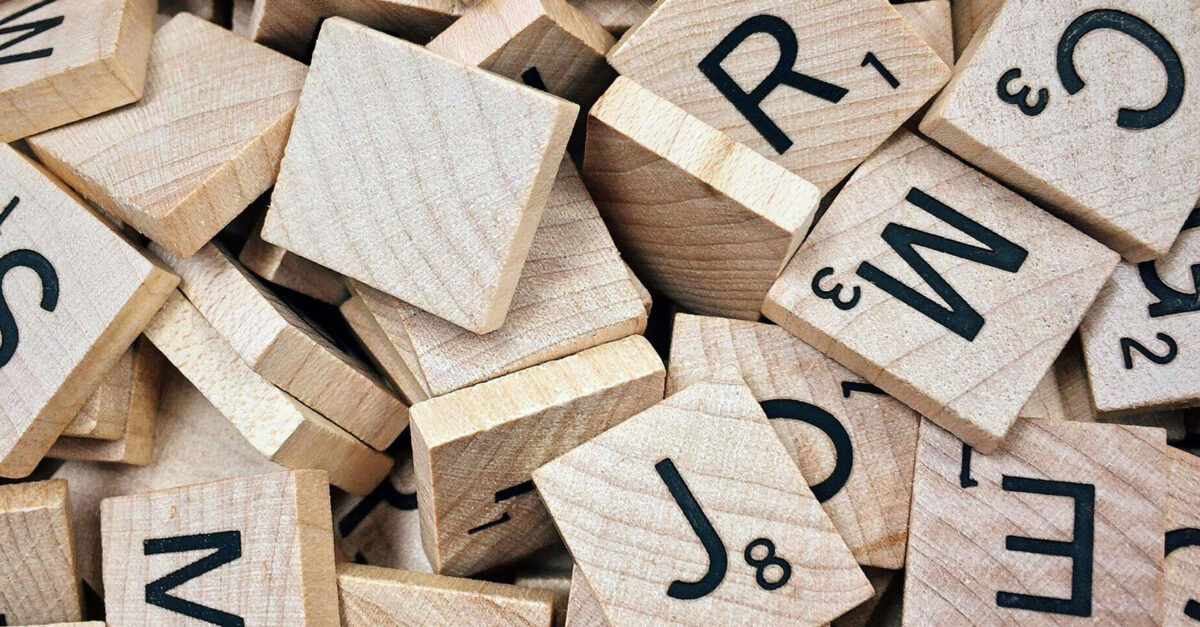The Wonder of Word Origins

Lifestyle
Lifestyle It’s estimated that we speak around 16,000 words a day, but have you ever thought about where they came from?
Etymology shows that language has an amusing if not downright laugh-inducing sense of humor at times. Here are just a few examples of curious word origins.
Dude
This is a word that has certainly done a 180-degree turn: in the 1880s, instead of referring to a laid-back man, it described one overconcerned with his appearance.
Freelance
Credited to Sir Walter Scott’s 1819 novel Ivanhoe, this was a name for a warrior who fought for whoever was the highest bidder (presumably using whatever free lance was available for battle).
Genius
In fourteenth-century Rome, this moniker belonged to a person’s guardian spirit—a force that watched over them from birth and guided them through life.
Muscle
Musculusthe Latin word muscle comes from, literally means “little mouse,” which is fitting since this tissue was thought to look like the creature moving under the skin.
Nice
Whether you look at the Latin or French origin of this word, it was certainly once intended as a slur. Among its plethora of earlier meanings: foolish, careless, clumsy, ignorant, and weak.
In contrast, “bully” began as a synonym for “sweetheart.”
Nightmare
Based on fourteenthcentury German and Slavic superstitions, the “night mare” was a malevolent female spirit who caused suffocation and bad dreams during slumber.
Sahara
This name comes from the Arabic word for desert, so if you say “Sahara desert,” you’re literally saying “Desert desert.”
Sarcasm
Sarcasm is known as a biting form of humor for a reason: one translation of its Greek origin word, sarkazein, is to bite or strip off flesh as an animal would.
Silly
If you were silly in the 1200s, when this term first started being used, you were likely considered to be happy or innocent, which doesn’t sound very foolish.
Discover more from Tamfis Nigeria Lmited
Subscribe to get the latest posts sent to your email.



 Hot Deals
Hot Deals Shopfinish
Shopfinish Shop
Shop Appliances
Appliances Babies & Kids
Babies & Kids Best Selling
Best Selling Books
Books Consumer Electronics
Consumer Electronics Furniture
Furniture Home & Kitchen
Home & Kitchen Jewelry
Jewelry Luxury & Beauty
Luxury & Beauty Shoes
Shoes Training & Certifications
Training & Certifications Wears & Clothings
Wears & Clothings
















